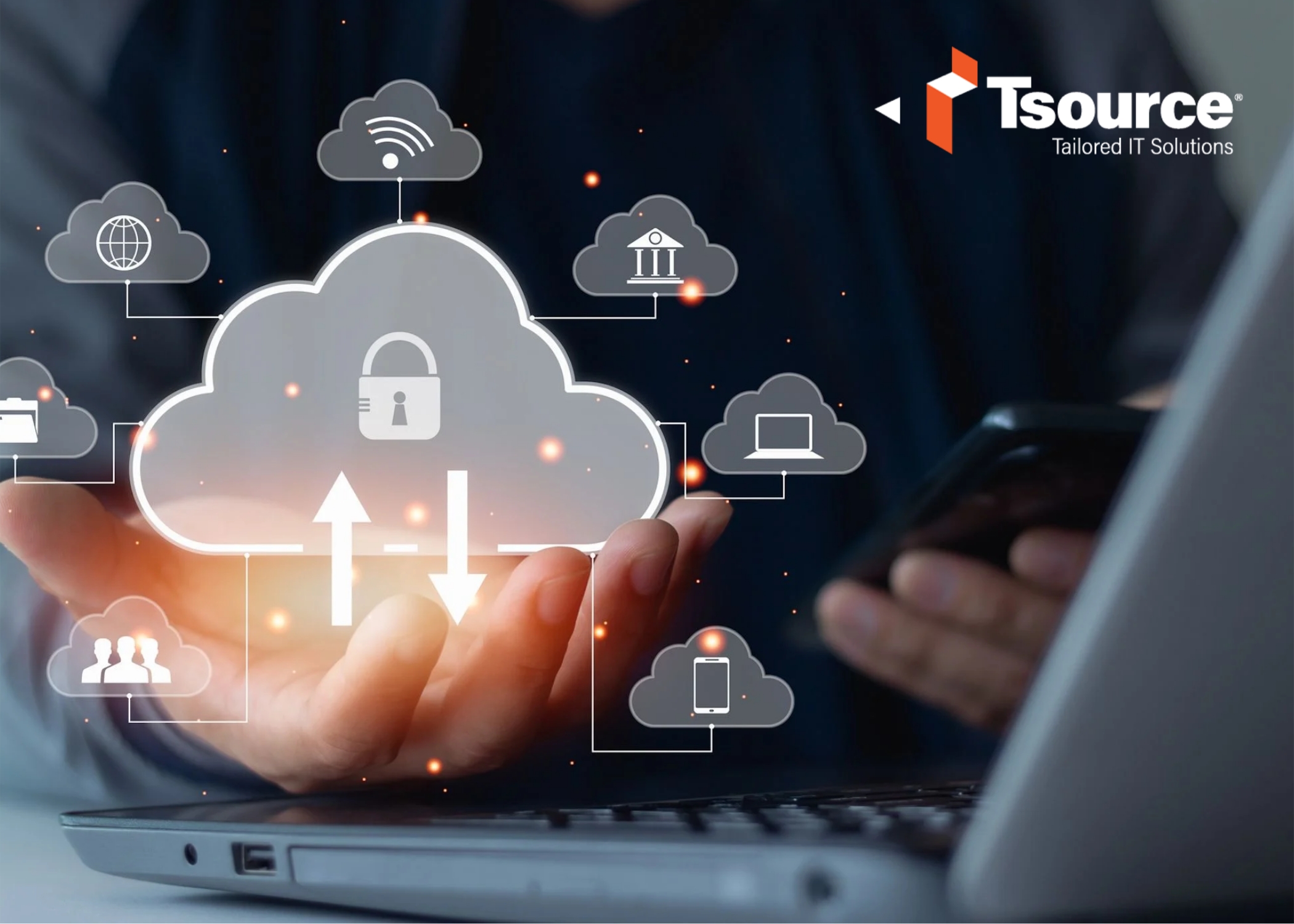
Strengthening Cybersecurity in Multi-Location Franchise Operations
Cybersecurity isn’t just an IT issue – it’s a business-critical priority. For franchise systems, the stakes are even higher. With multiple locations, different operators, and varying levels of tech maturity across the network, one vulnerability can quickly become a brand-wide crisis.
Franchise businesses are uniquely exposed to cybersecurity threats. Disparate systems, shared customer data, and reliance on third-party vendors all increase the attack surface. Meanwhile, one phishing email, POS malware, or exposed password can compromise operations across dozens – or hundreds – of locations. That’s why franchise brands need cybersecurity strategies that are proactive, standardized, and scalable.
Here’s how multi-location franchises can build a cybersecurity framework that protects every level of the business.
- Centralize Cybersecurity Standards Across Locations
Start by developing a standardized cybersecurity policy that applies to all franchise units. This includes:
- Password policies
- Acceptable device use
- Required antivirus and firewall protections
- Data access levels by role
Provide franchisees with a clear framework they must follow and reinforce it through licensing and compliance. When every location is on the same page, your risk of a breach decreases dramatically.
- Enforce Multi-Factor Authentication (MFA)
MFA adds a layer of security beyond passwords, which are often weak or reused across systems. Require MFA for all critical systems – POS, CRM, payroll, cloud services – and train teams to implement it consistently.
Even if credentials are compromised, MFA helps prevent unauthorized access by requiring verification through mobile apps or email.
- Implement Network Segmentation
Don’t allow all devices to operate on the same network. Use segmentation to separate point-of-sale systems, guest Wi-Fi, employee tools, and security devices. This way, if one system is compromised, the attacker can’t easily move laterally across your infrastructure.
For franchises with dozens of physical locations, segmentation also makes it easier to monitor network traffic and pinpoint anomalies.
- Upgrade Legacy Systems
Many franchises still run on outdated operating systems or hardware that no longer receives security patches. These systems are magnets for malware. Conduct a tech audit across your locations and prioritize retiring or upgrading:
- End-of-life POS systems
- Unsupported operating systems (e.g., Windows 7)
- Unencrypted databases or outdated firewalls
Yes, upgrades require investment – but the cost of inaction is far greater if a breach occurs.
- Provide Cybersecurity Training for All Employees
Your front-line employees are your first – and sometimes only – defense against phishing attacks and scams. Invest in ongoing training to help staff:
- Recognize phishing emails and fake links
- Understand data handling protocols
- Know what to do in case of a suspected breach
Make cybersecurity awareness part of onboarding and reinforce it regularly through updates and simulated phishing tests.
- Monitor Systems Continuously
Real-time monitoring is essential for detecting unauthorized access and flagging threats. A managed IT partner can provide 24/7 network monitoring with alerts and automated response capabilities.
Franchises without dedicated IT teams often benefit from managed cybersecurity services that include:
- Threat detection and response
- Intrusion prevention
- Cloud security
- Compliance monitoring
- Encrypt All Sensitive Data
Whether it’s customer payment info, employee records, or business analytics, encryption should be the default. Ensure data is encrypted both at rest (on servers) and in transit (during transfer between systems or devices).
This is especially important for cloud-based systems and third-party integrations. Franchisees may be using their own tools locally, so your central system must be airtight.
- Establish an Incident Response Plan
What happens when something goes wrong? Every franchise should have a response plan that outlines:
- Who to contact (internally and externally)
- What steps to take (disconnecting systems, alerting stakeholders, containing the issue)
- When to escalate to legal or compliance teams
Practice “tabletop exercises” with your leadership and franchisees to simulate breach scenarios and ensure everyone is prepared.
- Ensure Vendor Security Compliance
If your franchises use third-party vendors for POS, marketing, delivery, or payroll systems, you need to verify those vendors are compliant with modern cybersecurity practices. One weak vendor link can jeopardize your entire brand.
Require vendors to meet minimum standards for encryption, patching, access control, and monitoring.
- Work with a Franchise-Focused IT Partner
Cybersecurity is a specialized, ever-evolving field – and it’s not something most franchise operators can manage alone. A trusted IT partner that understands the franchise model can assess your network, implement proactive safeguards, and provide 24/7 protection across every unit.
At Tsource, we offer IT support services for businesses with multi-location footprints. Our solutions are tailored for franchises and include:
- Centralized cybersecurity frameworks
- Cloud-based security architecture
- Remote management and monitoring
- Franchise onboarding and training tools
Cybersecurity isn’t just about protecting data – it’s about protecting your brand. Inconsistent systems, legacy tech, or untrained employees can leave your franchise exposed to unnecessary risk. But with a proactive, unified approach, you can build resilience into your operations and gain peace of mind.
Franchises that take cybersecurity seriously today will be the ones thriving tomorrow. If you’re ready to shore up your systems and strengthen your network, let’s talk.

This Post Has 0 Comments